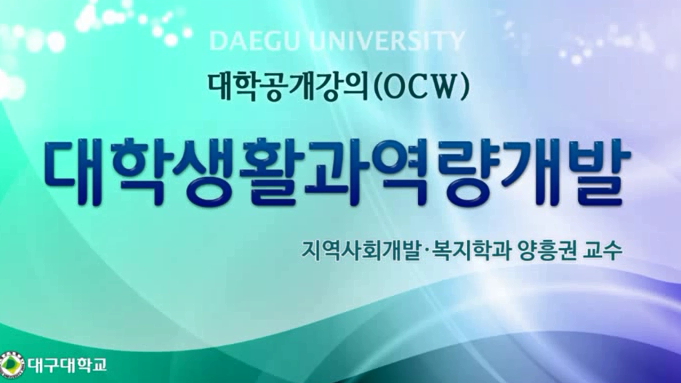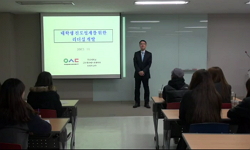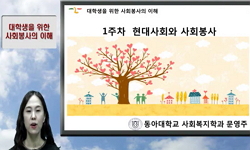Purpose: This study was designed to investigate the relationship among knowledge, attitude, and self-efficacy with regard to cardiopulmonary resuscitation (CPR) among undergraduate students. Methods: The participants in this study were 200 undergradu...
http://chineseinput.net/에서 pinyin(병음)방식으로 중국어를 변환할 수 있습니다.
변환된 중국어를 복사하여 사용하시면 됩니다.
- 中文 을 입력하시려면 zhongwen을 입력하시고 space를누르시면됩니다.
- 北京 을 입력하시려면 beijing을 입력하시고 space를 누르시면 됩니다.
대학생의 심폐소생술에 대한 지식과 태도 및 자기효능감에 대한 연구 = Knowledge, Attitude, and Self-efficacy About Cardiopulmonary Resuscitation of Undergraduate Students
한글로보기https://www.riss.kr/link?id=A100024715
- 저자
- 발행기관
- 학술지명
- 권호사항
-
발행연도
2013
-
작성언어
Korean
- 주제어
-
KDC
512.8
-
자료형태
학술저널
-
수록면
13-26(14쪽)
- 제공처
- 소장기관
- ※ 대학의 dCollection(지식정보 디지털 유통체계)을 통하여 작성된 목록정보입니다.
-
0
상세조회 -
0
다운로드
부가정보
다국어 초록 (Multilingual Abstract)
Methods: The participants in this study were 200 undergraduate students who attended university in Seodaemun-gu, Seoul. Data were collected from 14 October, to 28 November, 2012 using the Yeon-sook Park, questionnaire. Descriptive statistic, t-test one-way ANOVA and Pearson’s correlation coefficient with SPSSwindows20.0 were used for data analysis.
Results: 1. The total mean score for the degree of knowledge was 9.06 out of 15, the percentage for the degree of attitude about knowledge acquisition and performance intention were over 60%, and the total mean score for the degree of self-efficacy was 56.60 out of 110. 2. The degree of knowledge, attitude, and self-efficacy related to general and educational characteristics about CPR showed a statistically meaningful difference of 3. There were significant positive correlations among knowledge, attitude, and self-efficacy about CPR.
Conclusion: To strengthen CPR education, educational support to required conditions and a systematic and integrated CPR program are needed.
Purpose: This study was designed to investigate the relationship among knowledge, attitude, and self-efficacy with regard to cardiopulmonary resuscitation (CPR) among undergraduate students.
Methods: The participants in this study were 200 undergraduate students who attended university in Seodaemun-gu, Seoul. Data were collected from 14 October, to 28 November, 2012 using the Yeon-sook Park, questionnaire. Descriptive statistic, t-test one-way ANOVA and Pearson’s correlation coefficient with SPSSwindows20.0 were used for data analysis.
Results: 1. The total mean score for the degree of knowledge was 9.06 out of 15, the percentage for the degree of attitude about knowledge acquisition and performance intention were over 60%, and the total mean score for the degree of self-efficacy was 56.60 out of 110. 2. The degree of knowledge, attitude, and self-efficacy related to general and educational characteristics about CPR showed a statistically meaningful difference of 3. There were significant positive correlations among knowledge, attitude, and self-efficacy about CPR.
Conclusion: To strengthen CPR education, educational support to required conditions and a systematic and integrated CPR program are needed.
목차 (Table of Contents)
- Ⅰ. 서론
- A. 연구의 필요성
- B. 연구의 목적
- C. 용어의 정의
- Ⅱ. 연구방법
- Ⅰ. 서론
- A. 연구의 필요성
- B. 연구의 목적
- C. 용어의 정의
- Ⅱ. 연구방법
- A. 연구설계
- B. 연구대상 및 자료수집
- C. 연구도구
- D. 자료분석
- E. 연구의 제한점
- Ⅲ. 연구결과 및 논의
- A. 일반적 특성
- B. 심폐소생술 교육적 특성
- C. 심폐소생술 지식, 태도 및 자기효능감 정도
- D. 일반적 특성에 따른 심폐소생술 지식, 태도 및 자기효능감 정도
- E. 심폐소생술 교육적 특성에 따른 심폐소생술 지식, 태도 및 자기효능감 정도
- F. 대학생의 심폐소생술에 대한 지식, 태도, 자기효능감 간의 상관관계
- Ⅳ. 결론 및 제언
- A. 결론
- B. 제언
- 참고문헌
- Abstract
동일학술지(권/호) 다른 논문
-
- 이화여자대학교 간호과학대학
- 노희경
- 2013
-
- 이화여자대학교 간호과학대학
- 김경은
- 2013
-
학령전기 아동 부모의 성지식, 성교육 인식 및 현황, 성교육 요구도에 관한 연구
- 이화여자대학교 간호과학대학
- 방예림
- 2013
-
간호전공과 비 간호전공 여대생의 모유수유 지식과 태도, 실천 지속 의지에 대한 연구
- 이화여자대학교 간호과학대학
- 김수정
- 2013




 RISS
RISS







